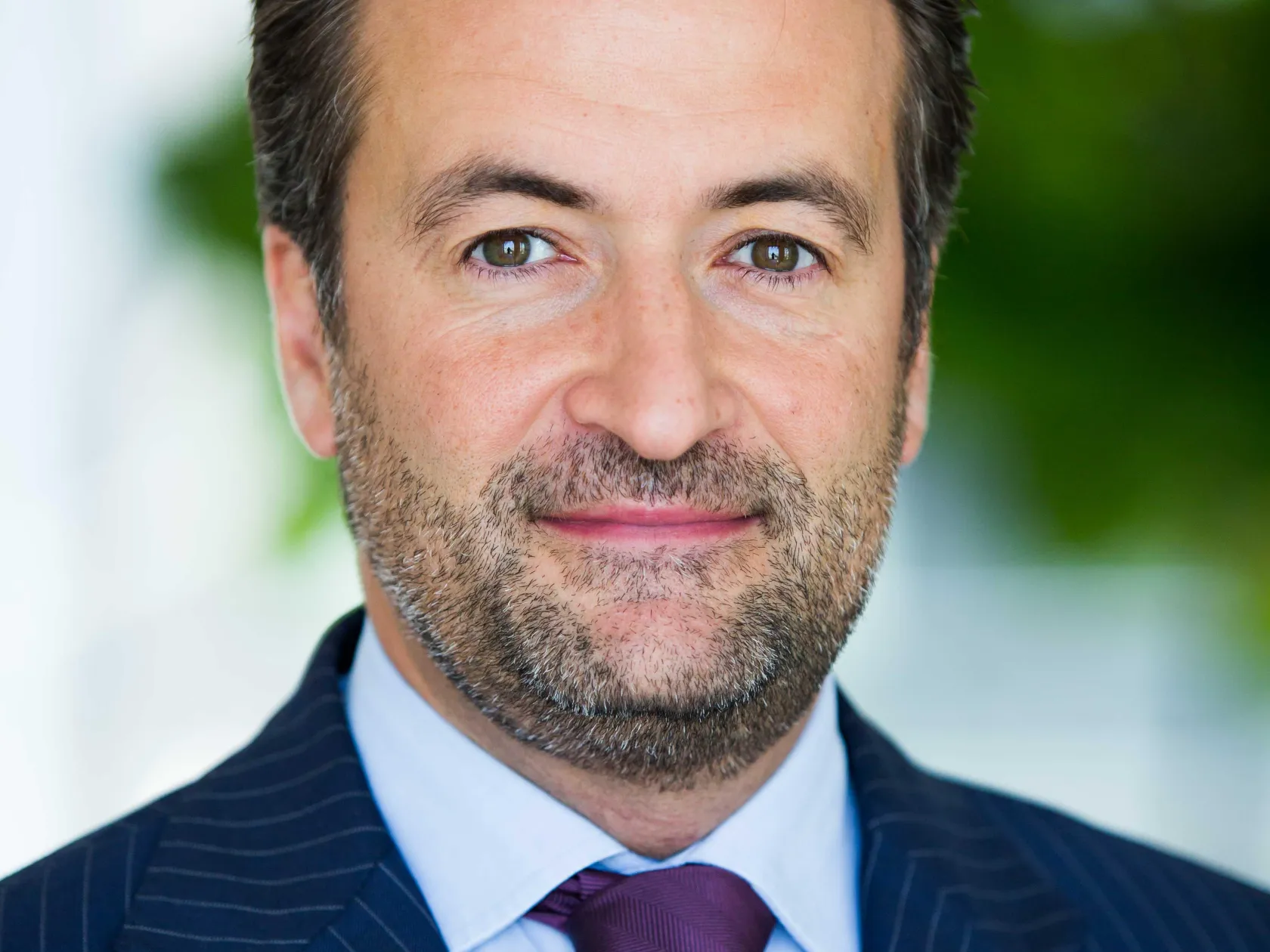
A COP Full of Tense Discussions, But They Should Be Productive
The agenda of COP28 is very busy: the almost 200 countries that will fly to Dubai will bring with them the points of view of very different economies. The sole purpose of combating climate change will therefore pass through delicate negotiations, as shown, for example, by the issue of finance for developing countries. In this extremely complex context, Cristiano Rizzi, Bocconi alumnus, energy expert and Senior Partner at BCG in Dubai, is very confident that positive results can emerge from this COP.
Why is COP28 important?
We are halfway between the Paris Agreement and 2030 – by when we need to have cut emissions by 43% – around 7% per year from now on. We will also have the first Global Stocktake of the Paris Agreement's implementation. The Paris Agreement intended the Global Stocktake to be a moment when the world assesses progress towards the Paris Goals and then takes steps to course correct. The sad news is, we are off track across the board as many of the recent reports from the IPCC and others have made clear.
But progress has been made as illustrated by falling costs for many climate and low carbon energy technologies and peak oil in view. Success is possible – if we move decisively now.
What are the biggest challenges of the event and what do you think are the most critical points in the dialogue between the countries?
It is a huge undertaking to get roughly 200 countries with vastly different economies and environmental priorities to agree on anything. COPs have a broad agenda across complex issues and maintaining trust is critical.
Trust in the process and between parties is fraying. Moreover, there are economic and security tensions between the major polluters. Across advanced economies, we've also seen a shift from collaboration on decarbonization to competition for green economy. Meanwhile, the global south is losing patience with support promised from the global north. Overall, COP28 needs to make progress across the agenda to meet the expectations of these diverse countries and stakeholders.
That said, we do expect challenging but productive discussions on many key issues such as the pace of the energy transition, on finance for developing countries, on the importance of adaptation – especially for food and health – and funding for loss and damage.
What results are expected from COP28?
COP outcomes are notoriously difficult to predict despite the preparation that goes into them. This year, the COP Presidency has set four broad priorities: transitioning to clean energy; centering nature, people, lives & livelihoods; delivering on finance; and mobilizing inclusivity. And there are a number of new areas being elevated at this year's COP for the first time such as food systems and security.
I am personally very impressed by the example set by GCC countries, which, in spite of being rich in oil resources, are actually leading the energy transition, globally, with large investments in green hydrogen and large-scale renewables.